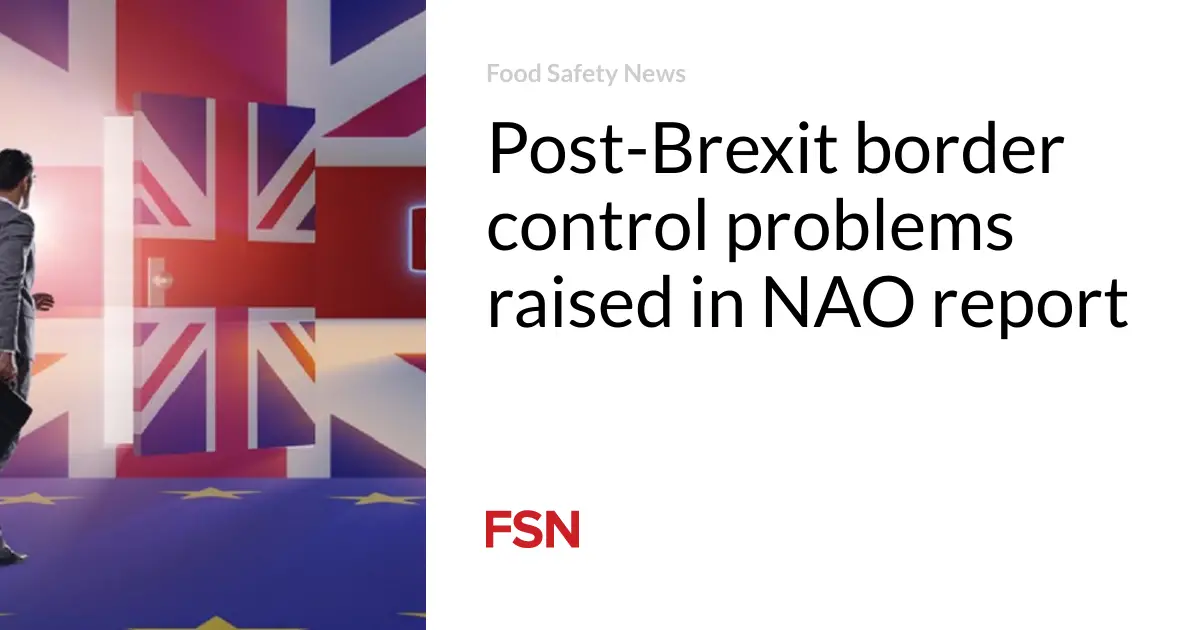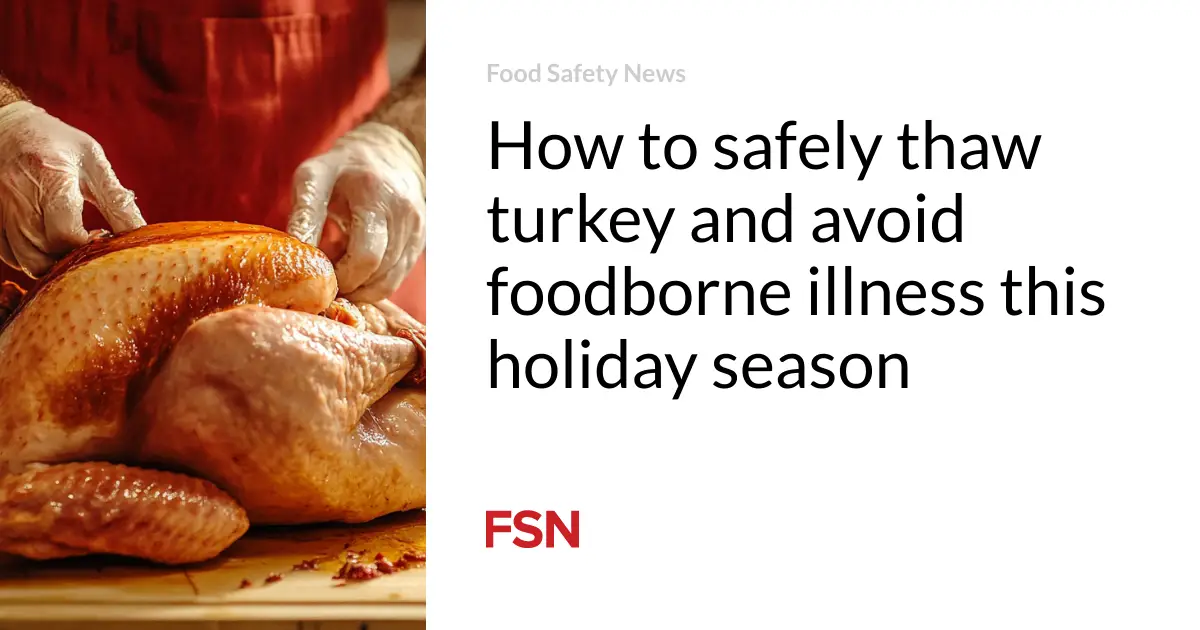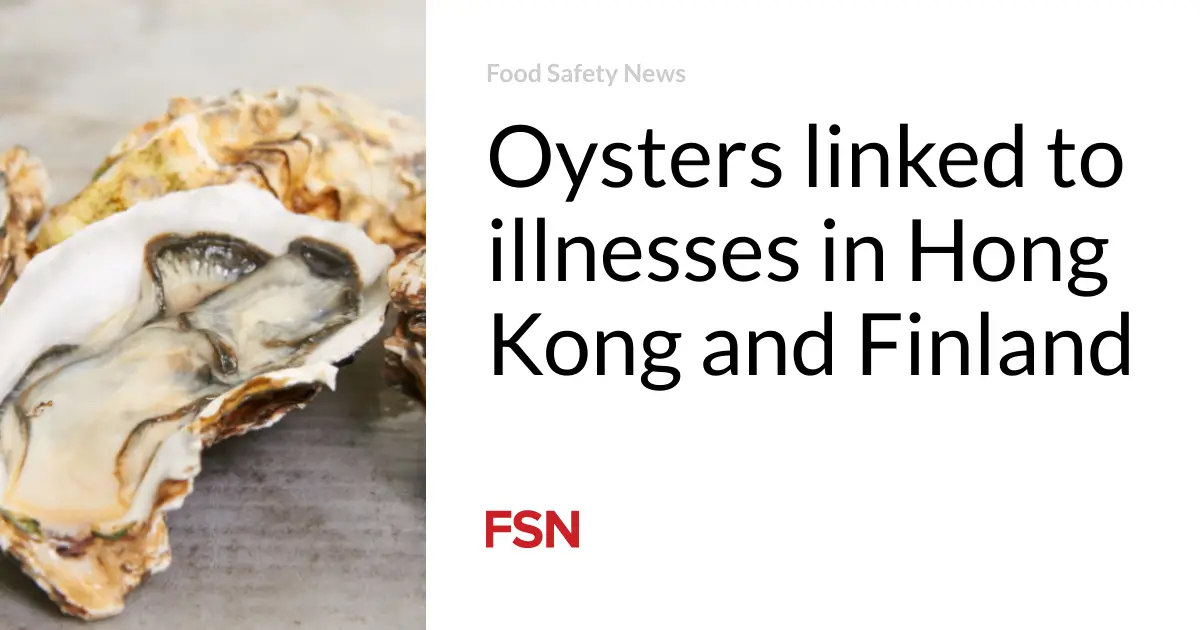
Changes in import control plans following the UK’s exit from the European Union have caused uncertainty for businesses and extra costs for government and ports, according to a National Audit Office (NAO) report.
A partial import control regime is in place after the implementation of full controls was delayed five times since the end of the EU exit transition period on Dec. 31, 2020. The United Kingdom voted to leave the EU in 2016.
The latest phase of checks on sanitary and phytosanitary (SPS) goods came into force on April 30, 2024, with further controls to come later. This included introducing documents, identity, and physical checks on medium-risk SPS products.
According to the report, estimates show a spend of at least £4.7 billion (U.S. $6 billion) to implement new arrangements and improve management of the border.
Biosecurity risk
Repeated delays in introducing import controls and difficulties forecasting requirements have resulted in government expenditure on infrastructure and staff that were not needed. NAO said Port Health Authorities (PHAs) recruited about 520 staff to undertake SPS checks, 370 of which were not required. Some of these staff were redeployed into other vacant positions.
NAO found that the loss of access to EU surveillance and alert systems reduces the UK’s awareness of impending dangers, and the phased approach to introducing full controls has increased biosecurity risk. Ongoing uncertainties and differences in port readiness mean that SPS controls may operate on an inconsistent and incomplete basis after being introduced.
The National Farmers Union and British Poultry Council told NAO that they were concerned about the biosecurity risk from a lack of import controls on animal products.
The Animal and Plant Health Agency (APHA) has been undertaking checks on high-risk plant products from the EU at points of destination rather than at the border.
In 2023, APHA issued 316,000 Export Health Certificates (EHCs) and 21,000 phytosanitary certificates concerning the movement of SPS goods from the UK to the EU.
The Department for Environment, Food and Rural Affairs (Defra) estimated that the annual cost to traders of complying with the SPS import controls it introduced for EU imports between January 2021 and December 2023 was around £54 million ($68.6 million).
Report reaction
Gareth Davies, head of the NAO, said the border strategy has ambitious plans to use technology and data to facilitate trade while managing risks.
“The UK leaving the EU created a large-scale change in arrangements for the movement of goods across the border. However, more than three years after the end of the transition period, it is still not clear when full controls will be in place,” he said.
Ashton Cull, Road Haulage Association’s public affairs manager, said: “We are deeply concerned to read this report detailing the delays in introducing the new border model, particularly the Single Trader Window.
“The overspend on infrastructure and staffing is also of concern to us, particularly when we receive reports from members that significant delays are being caused by a lack of resources at Sevington.”
The British International Freight Association said it had expressed concerns about many issues in the NAO report.
“The government needs to take on board the comments contained within the NAO report and provide clarity for business on all the details of how it intends to deliver the world’s most effective border, with a realistic and workable timeline which will allow sufficient planning and implementation time to provide workable solutions to enable the existing or revised border and trading arrangements to be implemented,” according to the association.
(To sign up for a free subscription to Food Safety News, click here.)






